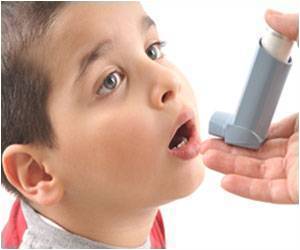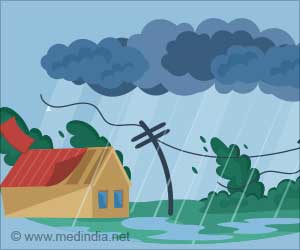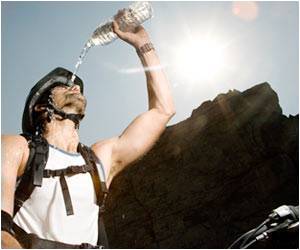California has a lawsuit against slapped a lawsuit against three top makers of the green plastic playing fields and grasslike indoor-outdoor carpeting.
As the national football league (NFL) season kicks off in US, California has slapped a lawsuit against three top makers of green plastic playing fields and grasslike indoor-outdoor carpeting.
The state attorney general's office said it found excessive lead levels in some of the artificial-turf samples tested from the three companies.The complaint filed in Alameda County Superior Court Tuesday last alleges that the three manufacturers violated California's Proposition 65 environmental law by knowingly failing to disclose that their products contain lead.
Lead, which is used to give a natural green hue to the artificial turf, has been identified by state agencies as an ingredient that can cause cancer, damage to male and female reproductive systems, and birth defects in developing fetuses.
Children and other individuals can ingest harmful levels of lead by absorbing it through the skin or by rubbing the ersatz grass and then touching food or their mouths, the suit contends, Los Angeles Times reported.
The lawsuit was initiated by Attorney General Jerry Brown and joined by Los Angeles City Atty. Rocky Delgadillo and Solano County Dist. Atty. David W. Paulson, names Beaulieu Group of Georgia, AstroTurf of Georgia and FieldTurf USA Inc. of Florida.
All three companies said they were working with California officials to settle the lawsuit and stressed that their products were safe.
AstroTurf, an artificial-turf pioneer, said in a statement that it "has demonstrated its industry leadership by proactively developing new products that are below the most stringent standards for lead in consumer products."
Advertisement
Although artificial turf presents little or no danger when it is new, lead levels rise to potentially harmful levels as it gets older, said Deputy Atty. Gen. Dennis A. Ragen, the state's lead attorney on the lawsuit.
Advertisement
The state, Ragen said, is negotiating with the three companies and is optimistic that a legal settlement can be reached that requires the products to be reformulated so that no lead is used in the manufacturing.
Most companies targeted by Proposition 65, known as the Safe Drinking Water and Toxic Enforcement Act of 1986, are eager to change their products rather than be forced to sell them with a warning that they contain chemicals "known to the state of California" to cause cancer or birth defects.
"The bottom line is this is 2008. Why are you making something with lead deliberately put into it?" Ragen said. "You need to find some substitute to make the color stable."
Beaulieu attorney Peter Farley says he hopes to reach a friendly settlement with California. He stressed, however, that his company makes only an indoor-outdoor type of product and does not sell artificial turf used on athletic fields and stadiums.
The state decided to take action against the three companies after it received a legal notice from an advocacy group, the Oakland-based Center for Environmental Health, that it intended to file a private lawsuit on the lead warning issue against Beaulieu and other artificial-turf manufacturers.
"Our testing on products from dozens of companies shows that artificial turf can contain high amounts of lead that can easily come off onto children's hands when they play on turf fields," said Michael Green, the center's executive director.
The question of whether the lead in artificial turf poses health risks — particularly for children, whose cognitive development can be harmed by exposure to lead — has been bouncing around the public health world lately, writes Jacob Goldstein in Washington Post.
“At this time, CDC does not yet understand the potential risks associated with exposure to dust from worn artificial turf,” the CDC said in June, after New Jersey health inspectors found lead in the dust given off by old turf.
In July, the federal Consumer Product Safety Commission issued a report that concluded that the amount of lead given off by turf isn’t high enough to pose a health risk, but suggested that the industry develop voluntary standards to “preclude the use of lead in future products.”
Source-Medindia
GPL









